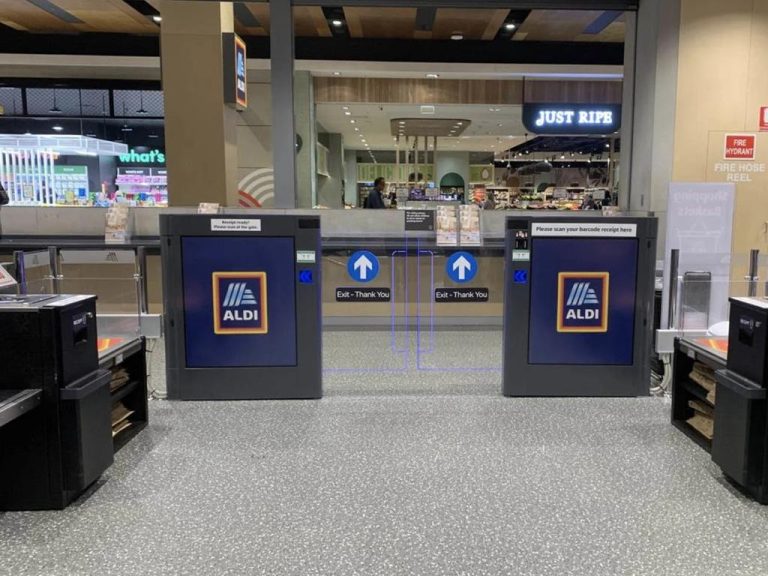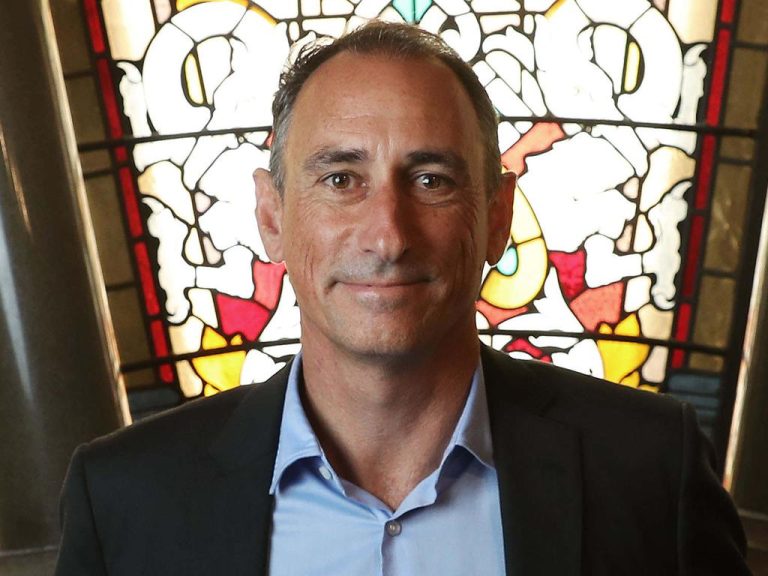Scape pushes ahead with projects despite tax burden of doing business in Victoria

Students relaxing at Scape’s student accommodation in South Bank, Brisbane. Picture: Lyndon Mechielsen
Scape, the country’s largest owner and operator of purpose-built student accommodation, says the industry is carrying a hefty tax burden in Victoria, as it takes on the management of two more properties in Melbourne.
The company’s expansion comes amid pressures at national level as the Albanese government has moved to limit booming foreign enrolments and international students being hit with a 125 per cent increase in non-refundable visa application fees.
But Scape is bullish about the sector’s long-term prospects and is forging ahead with its plans to expand, adding the Melbourne CBD towers to its portfolio. The properties, at Uni Place (18 Leicester St, Carlton) and Melbourne Central (502 Swanston St, Carlton), are now managed by Journal Student Living.
Adding them to the Scape network will bring the company’s portfolio to 38 buildings nationally, with another 10 under development despite the impediments the sector is facing. The properties will be renamed and rebranded in line with Scape branding.
Scape chief executive Anouk Darling said the company’s national platform allowed it to bring efficiencies to the new buildings and precincts it was developing but issued a warning about the state’s tough policy settings and absentee owner surcharge.
“Victoria is so unattractive for capital,” she said, as charges are making up a rising proportion of operating expenses, making it difficult for many smaller operators to remain in the sector.
Land-related taxes account for 32 per cent to 35 per cent of operating costs whereas in NSW and Queensland the tax burden is at 16 per cent to 8 per cent respectively, Ms Darling said.

Scape Australia chief executive Anouk Darling.
“It makes Victoria highly unattractive because capital is location agnostic,” she said. “Capital flow comes down to where affordable destinations are.”
Industry players have met with the Victorian government to discuss the challenges posed by taxes and they may be reviewed, with Ms Darling saying that they should be adjusted so that the state and nation were competitive again.
Ms Darling said that international students were an “easy target” in the housing debate. “They are not the cause of the housing crisis,” she said, noting they only took up about 4 per cent of apartments in areas around tertiary institutions.
The Scape chief warned about the “secondary impact” of putting a cap on international students as education is one of Australia’s largest service exports and they also contribute to the labour force and about $5.3bn of discretionary spending annually.
Ms Darling said that student accommodation developers would work more closely with universities in addressing housing shortfalls. But she said they faced hurdles including outdated planning rules that do not recognise the sector as contributing to housing supply.
She cited barriers including tenancy laws, local planning challenges, state surcharges and rental rate reviews as impediments to the growth of the property asset class and called for all levels of government to co-operate.
“The reality is that everything has to work, not just federally,” Ms Darling said.
Scape has a strong track record and expertise in the sector, operating a large-scale portfolio in Melbourne, Sydney, Brisbane and Adelaide. It remains on track to house 22,000 students by 2025.
With both Melbourne buildings close to full occupancy ahead of the commencement of semester two, Scape has a “pragmatic outlook” on the current rental climate and remains committed to supporting students in Australia.
In 2020, the Journal Student Accommodation Fund, that was jointly owned by South African REIT Redefine Properties and Melbourne-based Citiplan Properties, sold the Melbourne complexes to German investment house Allianz Real Estate for $459m.
They were constructed by Icon Construction and are in the heart of Melbourne’s university precinct – and provide 1,391 beds. As part of the deal, a related Journal company continued to provide property management and operator services to Allianz.







